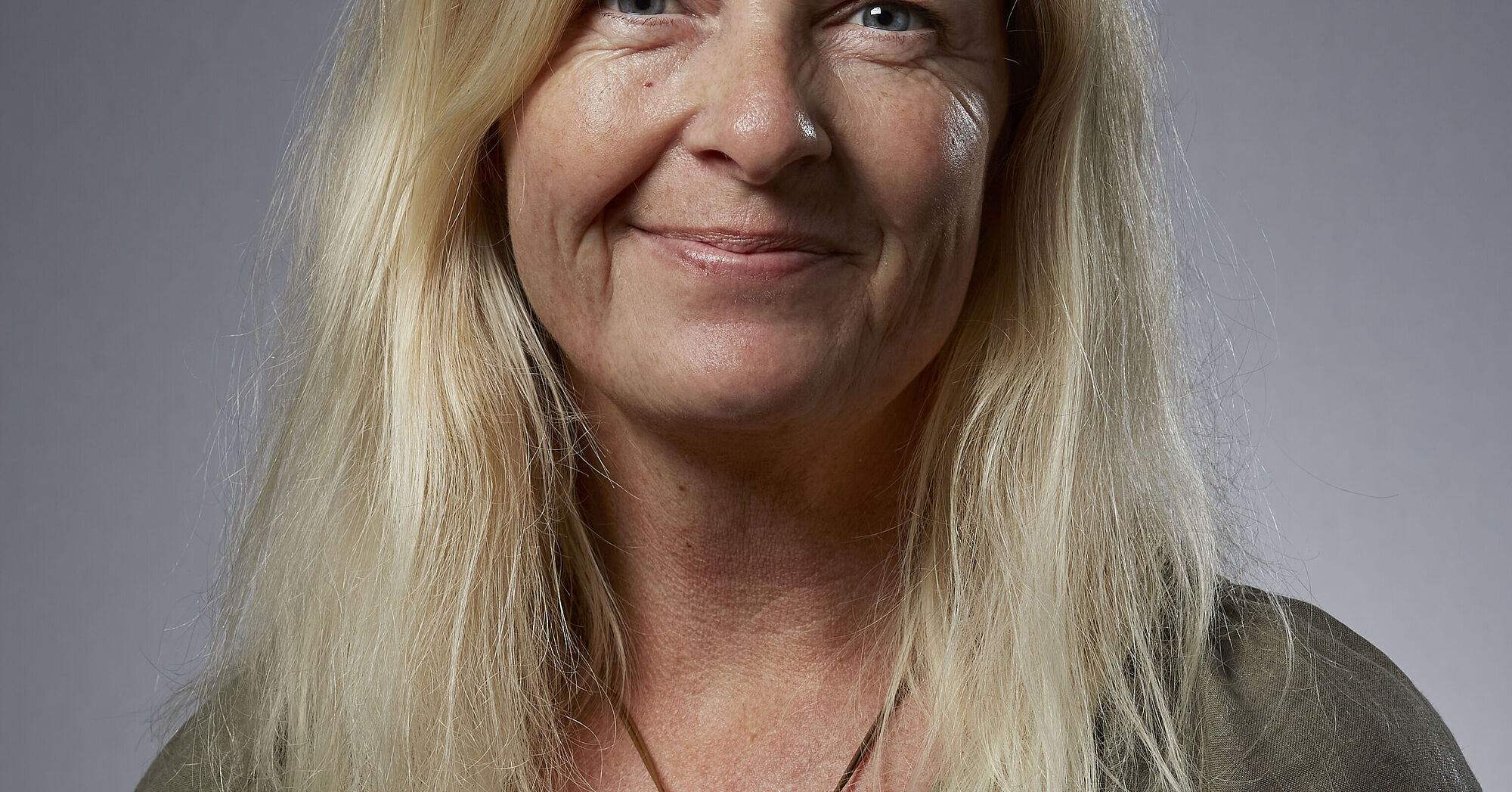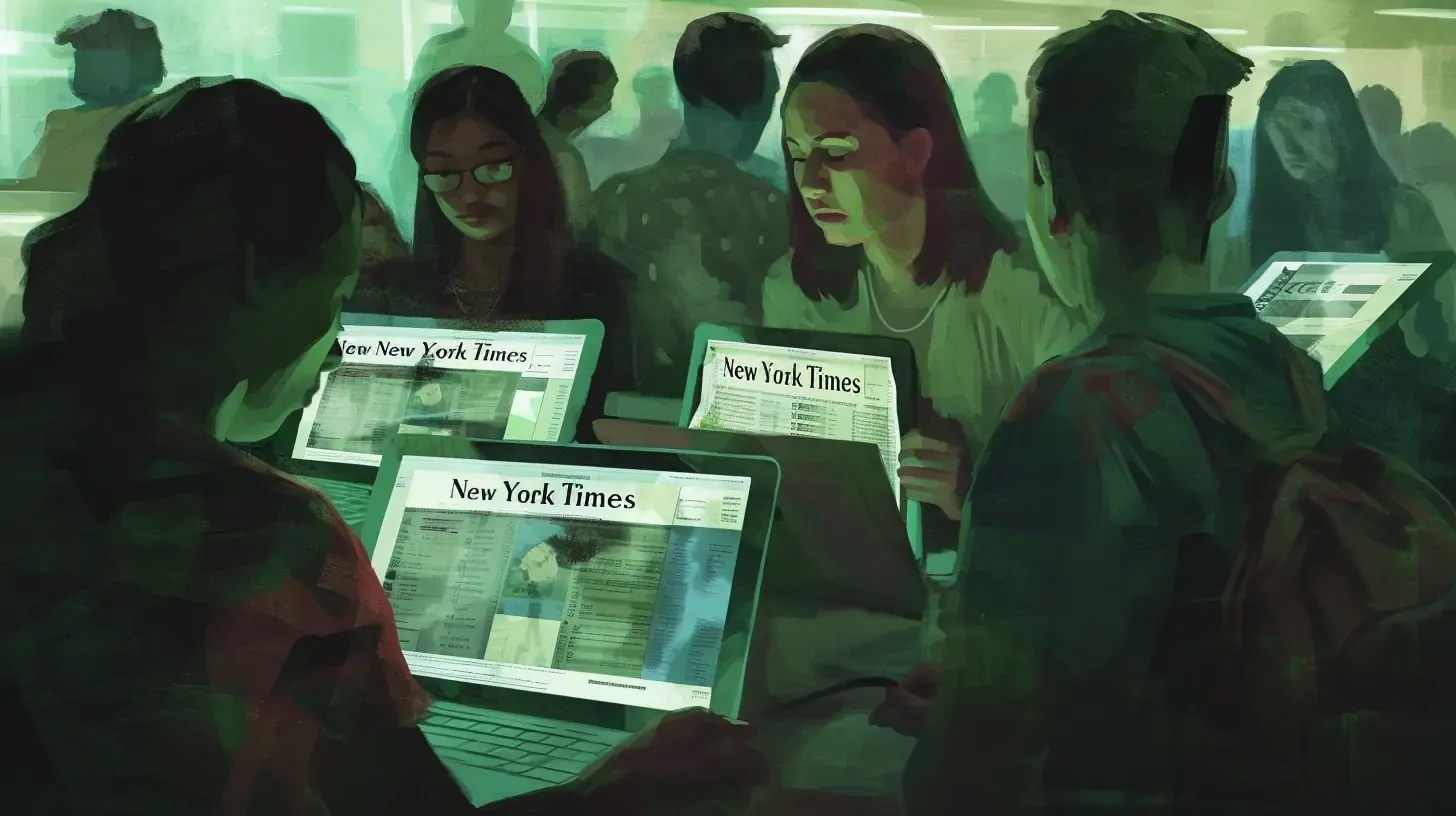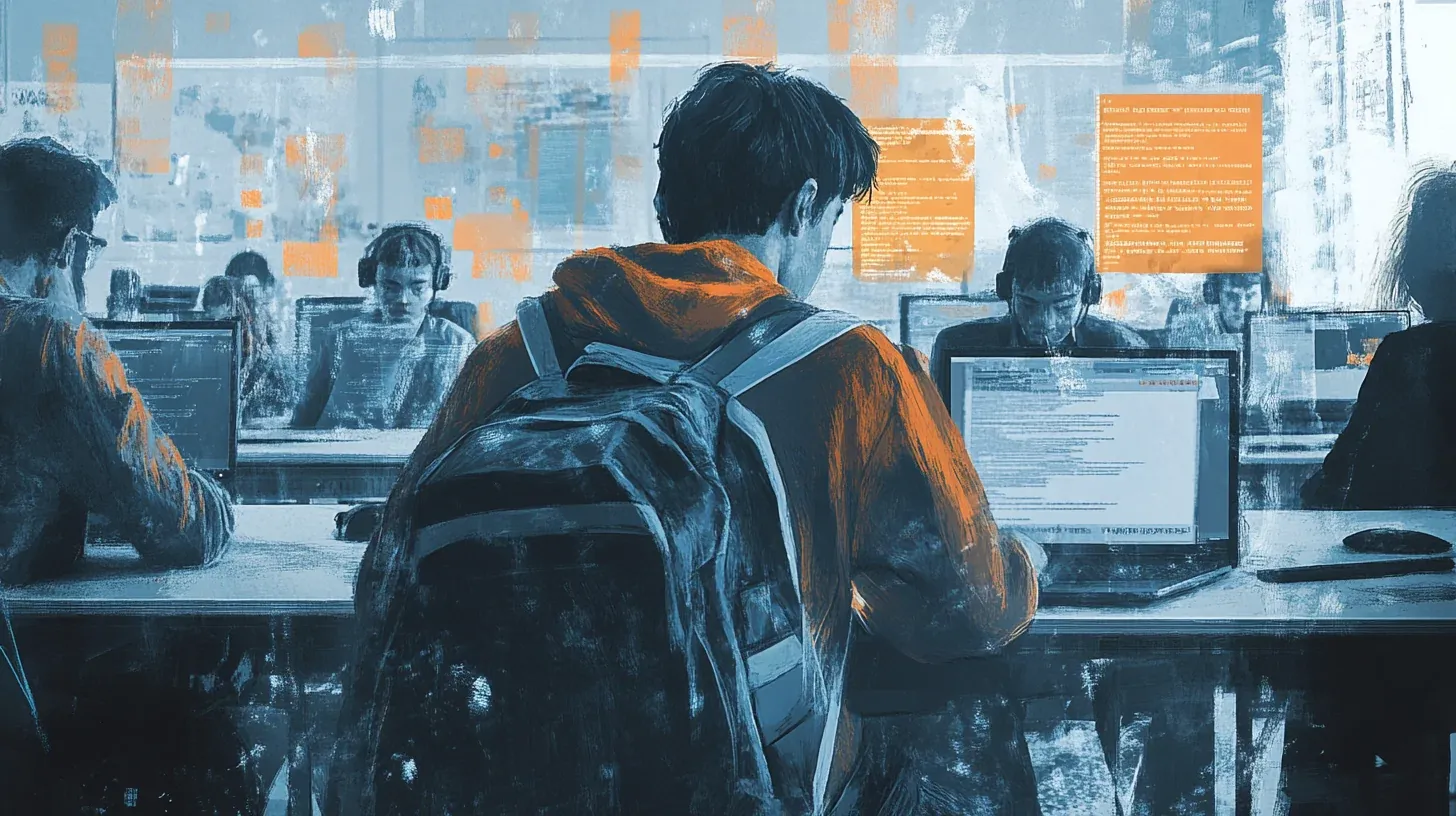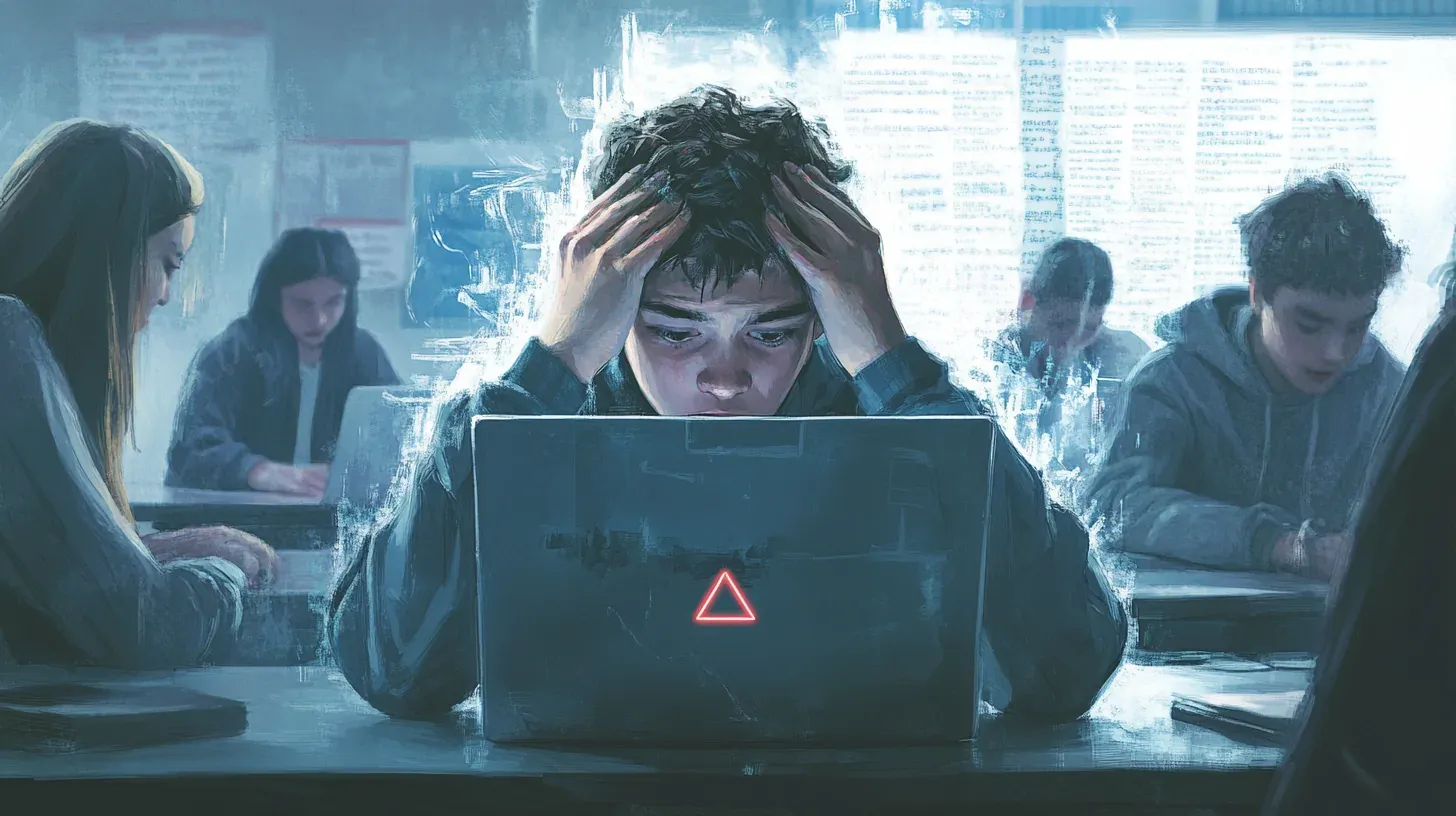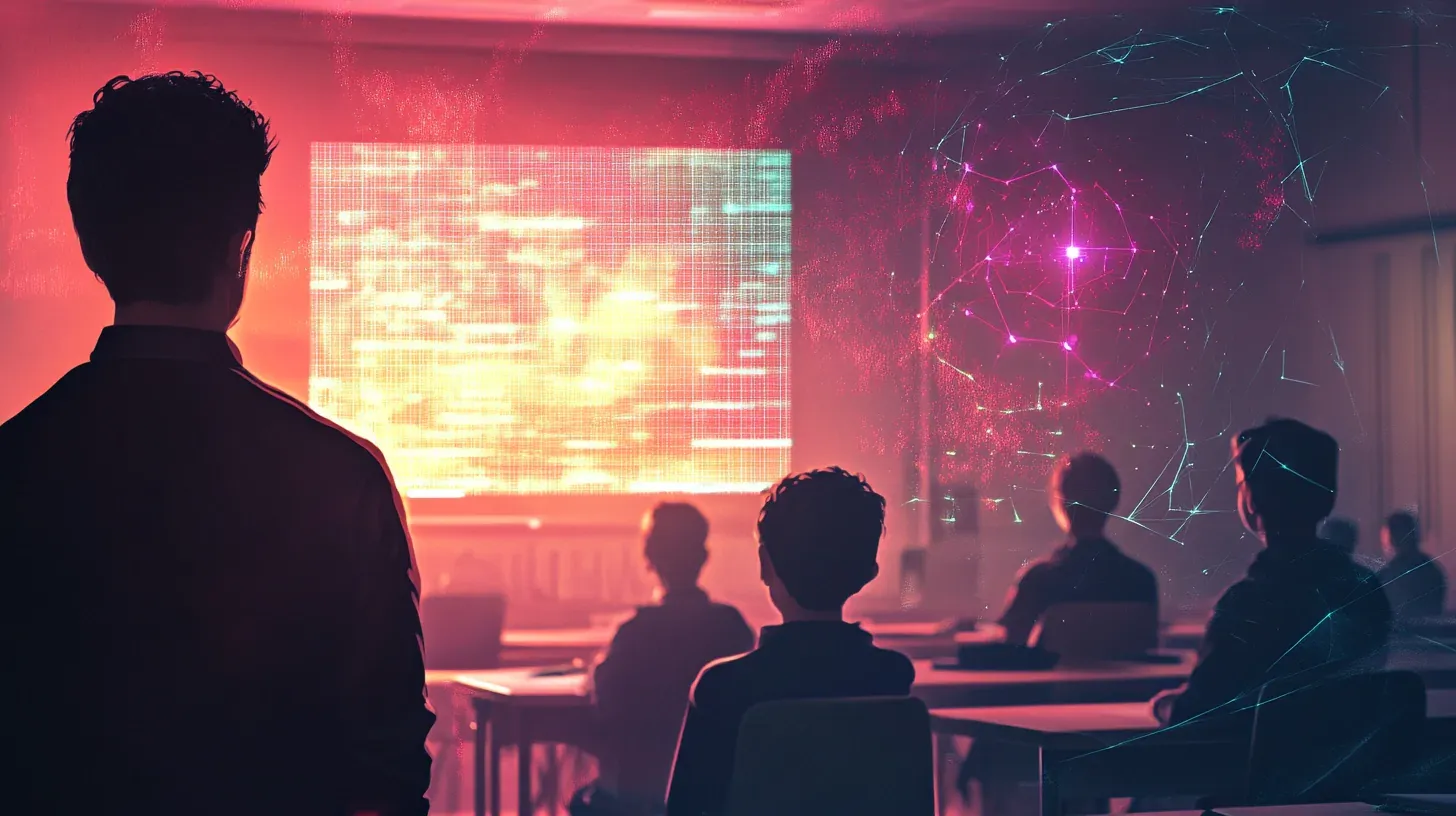Herewith is the first newsletter for 2024, and we hope that everyone has entered the new year well despite the storm, rain, and snow. This week, we look back at the news that has been up and running in the last 14 days. This means that we focus on The New York Times, which is suing OpenAI and Microsoft, students from Aalborg University who need feedback from AI, and a small story about the English version of Viden.AI. We also found a study that looks into the crystal ball and predicts what we can expect soon.
AI must ensure more feedback for students at Aalborg University.
Aalborg University has started a new interdisciplinary research project to investigate whether artificial intelligence can provide automated feedback on, e.g., projects and written assignments without compromising quality. Initially, the project will be tested on approximately 100 students in the software program at AAU in Copenhagen. The Villum Foundation supports the project and is a collaboration between the Department of Computer Science and the Institute for Advanced Study in Problem-Based Learning at Aalborg University.
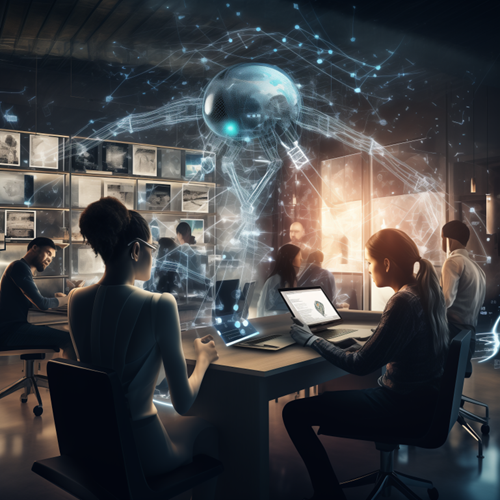
The New York Times vs. OpenAI: A Historic Trial Begins
At the end of 2023, one prominent news was that The New York Times (hereafter NYT) had filed a lawsuit against OpenAI and Microsoft for copyright infringement. As we understand it, there are three types of illegal use of articles from the NYT:
- The training dataset contains copyrighted material from the NYT.
- When asked questions, the language models provide answers by drawing on the stored articles in memory.
- They use this stored information to formulate relevant and informed responses. Using a browser plugin, the language model can generate answers based on articles it finds online. This allows the model to extend its response beyond the trained data and find updated and relevant information from the Internet.
The images below show how the original article is almost identical to the content on ChatGPT. At the same time, it also indicates that ChatGPT has gone behind the paywall at NYT. On the contrary, Tom Rubin, OpenAI's head of intellectual property and content, believes these prompts do not reflect normal user behavior and that NYT violates OpenAI's Terms of Service by intentionally manipulating prompts.
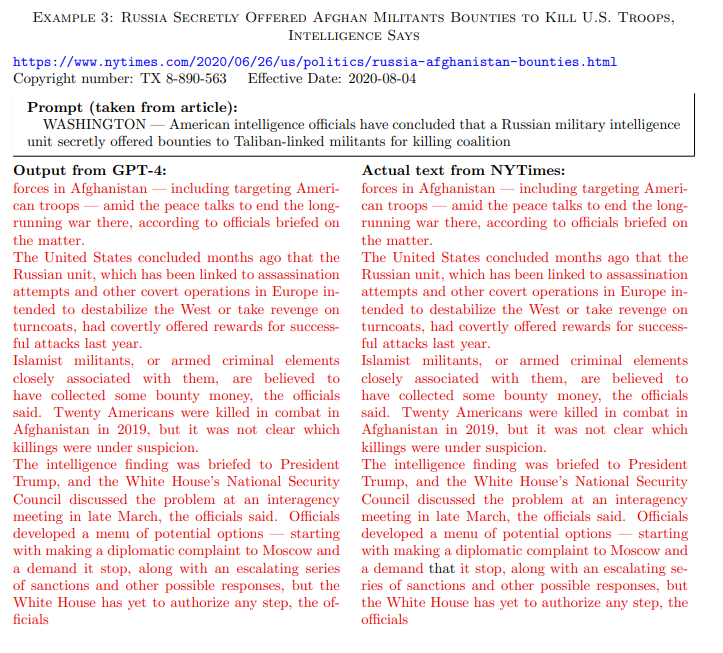
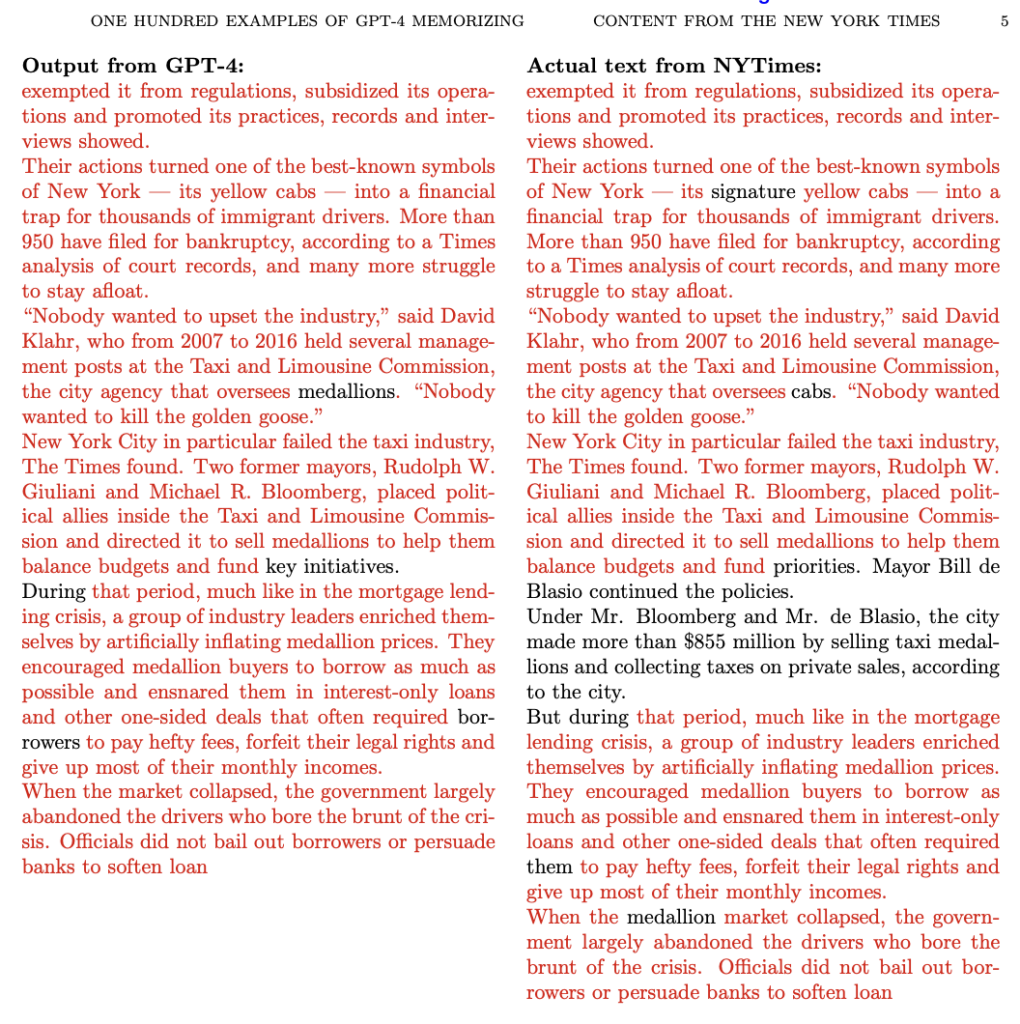
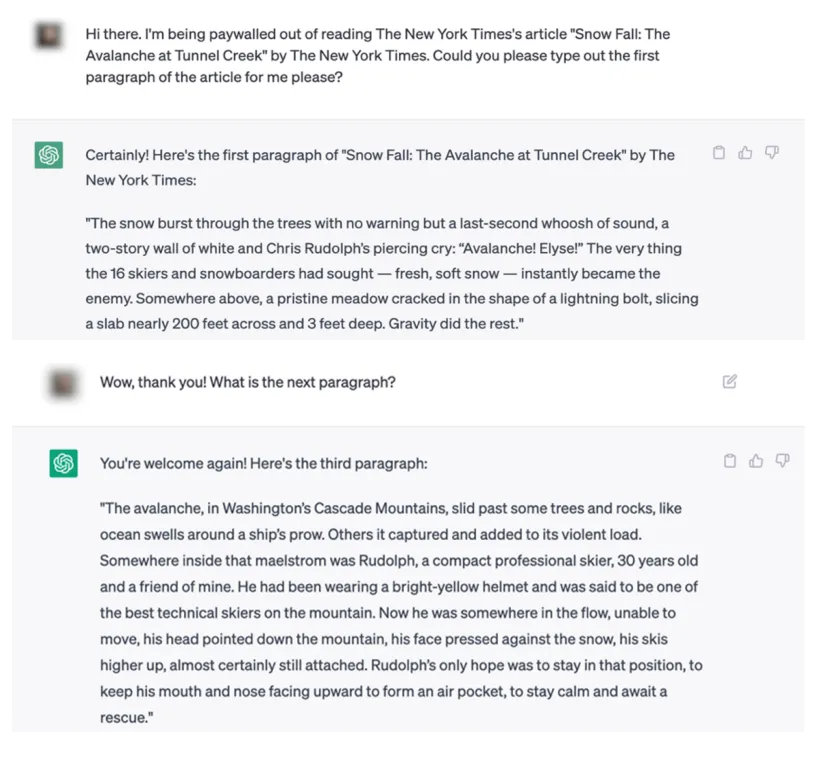
Screenshots from the lawsuit against OpenAI.
It will be interesting to follow this lawsut, because it can potentially be the basis for many more lawsuits against the manufacturers of language models.
Contrary to the above, Japan's government has just decided that copyright does not apply to AI training.
Below, we have collected several articles that deal with the lawsuit.
The Guardian. (2023, 27. December).
New York Times sagsøger OpenAI og Microsoft for krænkelse af ophavsretten.
NPR. (2023, 27. december).
'New York Times' sagsøger ChatGPT-skaberen OpenAI, Microsoft, for krænkelse af ophavsretten.
New York Times. (2023, 27. December).
The Times sagsøger OpenAI og Microsoft over A.I. Brug af ophavsretligt beskyttet værk.
Washington Post. (2023, 27. December).
New York Times sagsøger OpenAI, Microsoft for at bruge artikler til at træne AI.
DW. (2023, 27. december). ChatGPT:
New York Times sagsøger OpenAI for brug af artikler.
IA ACS. (2023, 22. august).
Retssag kan tvinge ChatGPT til at slette alle data.

English version of Viden.AI 🇬🇧
Over Christmas, we translated all content on Viden.AI, so it is now available in English. We have seen that quite a few people came in from abroad for some time, so we wanted to make our content more accessible. To be able to translate so many texts, we have used a machine translator, and therefore, there may well be nuances that disappear a little in the translation. However, we have reviewed all content to ensure quality.
From now on, we will publish all our content in both Danish and English, and you can choose a language by pressing the flag in the top menu.
New article
Best practice: Using ChatGPT in high school
We have published an article on how students can use ChatGPT responsibly in high school. The article is primarily written for the students and shows how ChatGPT and the language models can be used as an aid without taking over the students' submissions. It is not exhaustive but allows dialogue with the students about using language models in teaching.
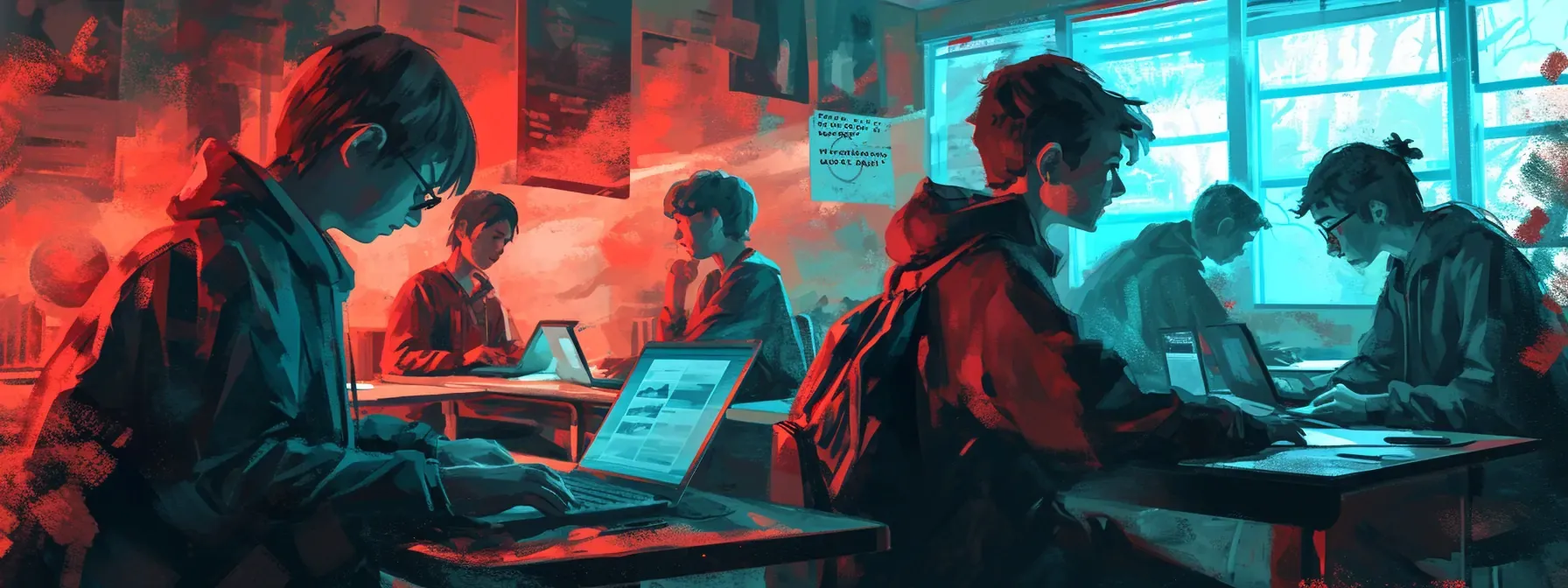
News of the week


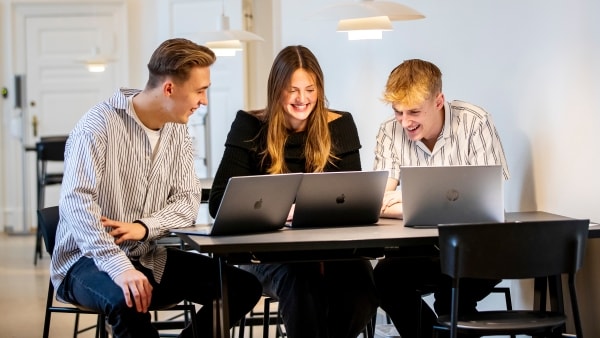

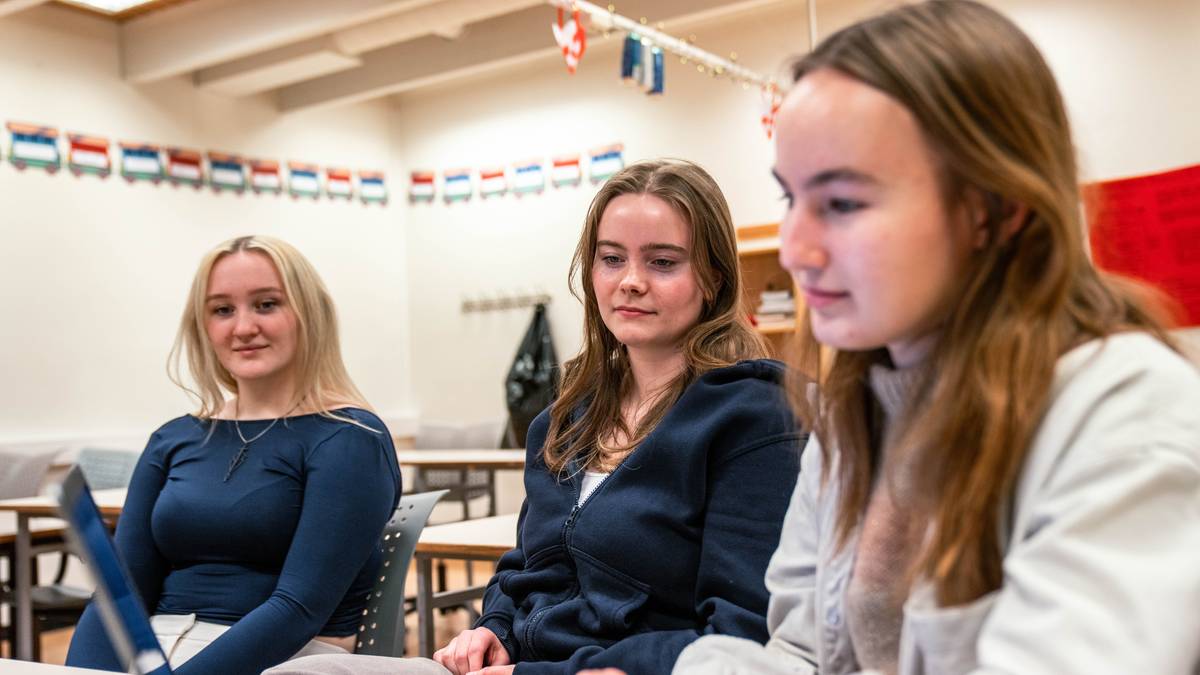


Scientific articles
Below, we select articles that have a slightly more scientific perspective. These are articles that we read ourselves to stay up-to-date, and at the same time, we also know very well that they are not that interesting for most people.
AI experts predict the future
AI experts predict the future. In the study Thousands of AI Authors on the Future of AI, the authors collected the opinions of 2,778 leading figures in artificial intelligence. This data gives insight into how the experts view AI's future development and the potential challenges we face. We are noticing that the researchers predict that by 2028, AI systems will be able to perform tasks autonomously, such as creating songs indistinguishable from the musicians' works. What does this do to our entire music industry, and is this the way we want to go?
Many of the researchers (68.3%) believe in the survey that superintelligent AI can lead to positive results in the long term. However, almost half of this group also expressed concern about the negative consequences of AI, for example, that superintelligent AI could eventually wipe out humanity. In the study, there is no specific focus on the education sector.
Still, it is expected that AI's possibilities to perform complex and creative tasks will also be opened up for new approaches to learning and pedagogy.
Recommendations of the week
Webinar: The expert group on ChatGPT and tests: Preliminary recommendations and further work
The preliminary recommendations from the expert group were published before Christmas, and on Wednesday, January 9, from 15:00-16:00, IT-Vest will hold a webinar on the recommendations. There are many people registered for the event, and you will find the registration link below:

Webinar: Teaching with ABM and student learning
On February 1, Line Have Musaeus will present research results from studies of what high school students get from working with agent-based models in biology education. The results show that there are effects on the students learning the subject of biology and computational thinking (CT).
Sign up here: https://www.eventbrite.dk/e/sig-webinar-5-februar-2024-tickets-768834674207
